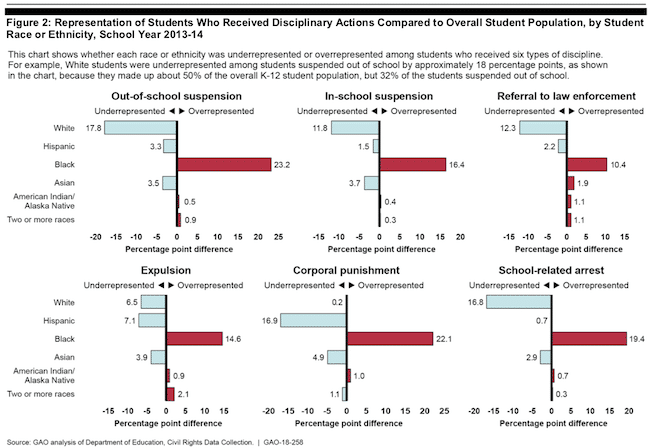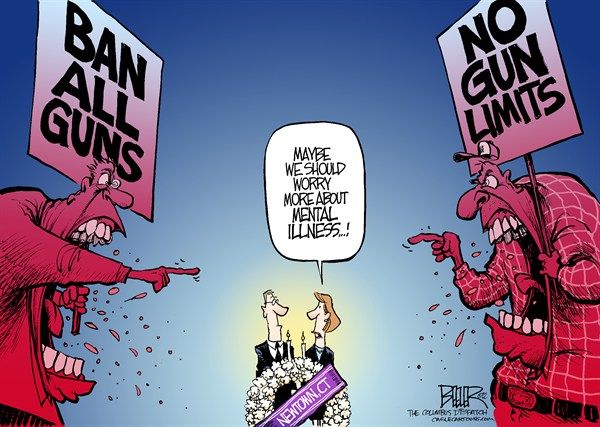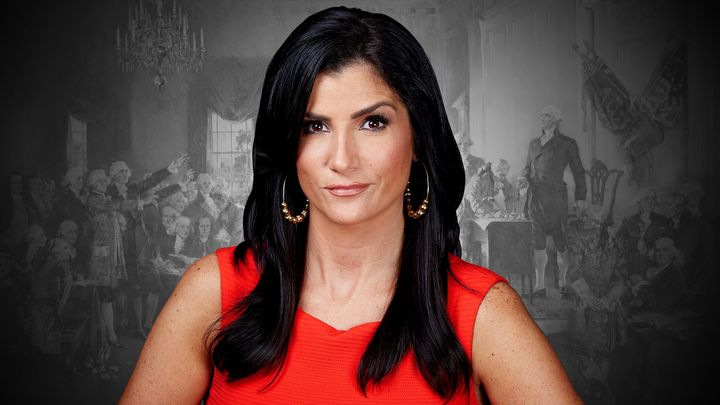School Choice Finally Gets A Win in Texas
Of the 21 Texas house Republicans who opposed school choice last year, only between six and ten will have a chance to return to the legislature.

On Tuesday, the ground shook in Texas. What was unthinkable last year has become a reality. Texas Republican primary voters resoundingly backed pro-school choice candidates. Parents recognize that school choice policies provide them with an immediate escape hatch when their local district school adopts policies they disagree with. School choice also increases their negotiating power with the local school board and administration because it means they are no longer a captive audience.
As reported in the Daily Signal,
Parents recognize that school choice policies give them an immediate escape hatch when their local district school adopts woke policies. School choice also gives them more negotiating power with the local school board and school administration, because it means they are no longer a captive audience.
Conservative parents have had it with government-run schools that put boys in the girls’ locker rooms and porn in the school libraries; indoctrinate students by dividing everyone into “oppressors” and “the oppressed” based on immutable characteristics; segregate students by race; teach that there is an infinite number of genders; and keep secrets from parents about their children’s mental and emotional health.
Just last year, Texas failed to pass school choice legislation. Governor Greg Abbott called lawmakers back into special session. Twenty-one Texas House Republicans joined with all House Democrats to vote down school choice legislation.
National Review reported, "Of the 21 Texas house Republicans who opposed school choice last year, only between six and ten will have a chance to return to the legislature.” This election cycle, Governor Abbott endorsed 16 Republicans in the primary to challenge those that had voted with Democrats against school choice. Five Republican incumbents did not seek re-election. The dust is still settling, but it looks like only a total of six incumbents survived. Six of Abbots endorsements beat the incumbent, and four more will learn their fate in upcoming run off elections.
I have family and many friends in Texas, so I am keenly interested in the political goings on in our nation's second largest state. As Texas goes, so do many other states. Texas is a bastion of freedom and an important counter to the cultural milieu that emanates from California. Texans are proud of Texas. And they should be. But I've always wondered; why did Texas lag behind so much of the nation in school choice? Well, at least until this past Tuesday. Let me explain.
For years in Florida, school choice has been a perennial winner in Florida. Dating back to the term of Florida Governor Jeb Bush, the Florida Legislature has made the expansion of school choice a priority. Each year more and more funding has been made available and eligibility requirements have been expanded. It all came to a head last year when the Florida Legislature made school choice universal in Florida.
"In a significant win for thousands of parents and their children, the Florida Legislature passed a universal school choice bill on March 23, 2023. The legislation will create an Education Savings Account (ESA)-style program that provides families with funds to pay for education. Florida’s bill gives parents $8,000 to use for expenses such as private school tuition, tutoring, textbooks, and even homeschooling." – State Policy Network
And Florida is just one of 32 states now with school choice programs and one of nine with universal school choice. In Florida, and eight other states, parents can take monies that were otherwise headed to their zone school and spend it at the school of their choice—public or private.
So it always struck me as odd that Texas and Texans weren’t moving in the direction of universal school choice, despite Governor Abbott very publicly leading on this issue. In fact, Texas has been behind the curve, so to speak, on this issue. I won’t pretend to understand all of the reasons. But based on my conversations with Texans over the years, there are two reasons that stand out to me:
- The relationship between Texans and their local school districts.
- Money spent by teacher unions in Republican primaries on anti-choice candidates.
On the first point, despite most everything being bigger in Texas, most school districts aren’t—at least by Florida standards. Florida school districts, for the most part, are defined by the county boundaries they reside in. That means Florida has some extremely large districts. In fact 5 of the top 10 largest school districts in the nation are in Florida. Miami-Dade is 5th largest in the US. Broward is 6th. Hillsborough is 7th. Orange is 9th, Palm Beach is 10th. By contrast, Texas has just one in the top ten, Houston ISD (8th). Pre-pandemic, the two largest districts in Florida served roughly 350,000 and 270,000 students respectively. They are hopelessly big, bureaucratic, and impersonal. To wit, organizations of this size in the private sector would be considered large enterprises and would have a board of directors with experience in running large and complex entities. That's usually not the case for school boards in Florida and other states.
A lot changed during the pandemic. Enrollments in many of the larger districts in Florida are down between 2%-10%. These students did not return to the public school they were zoned for. With funding that gives families options on where to educate their child now available to all families, they likely never will.
By contrast, my perception is that most Texas public school districts are more or less community oriented and seen as integral to their respective communities. Anecdotally I can see this on social media where some of the otherwise rabid conservatives from Texas don’t track on the issue of school choice. In fact, as I asked the question of my friends in Texas, they pointed out that many Texas school districts are often the largest employer in the area and so Texas Legislators vote accordingly. Another quipped that Texas public schools are the "defense industry" of Texas Republicans. He went on to say,
Texas is a Southern state and a Plains state and a Mexican-American state, local schools are bearers of local culture and identity in ways that they aren’t elsewhere. A given resident of, say, Montgomery County, Maryland, probably doesn’t have a lot of local pride and deep-rooted identity invested in the local high school: but a given resident of Starr County, Texas, sure does. The Roma ISD high school has a mariachi band that is the pride of the region, and a major mechanism that keeps the heritage of Nuevo Santander alive. Multiply that by one thousand times over when it comes to high-school football.
Growing up in Nevada I think I understand the Texas mindset. Nevada, despite its rapid growth, is a series of distinct cities, towns and communities. Growing up there, at a time when there were barely 1 million inhabitants, the relationship between the community and the school district was close. The teachers, school administrators and district staff were important and often longstanding members of the community. To this day, with the exceptions being Reno and Las Vegas, Nevada's school districts are small, but play oversized roles in their communities.
On the second point, when you understand the play by local, state and national teachers unions, it's nothing short of election capture. Tony Kinnet at Heritage’s Daily Signal reported this yesterday:
Though teachers unions are well known for donating huge sums to Democratic candidates, a closer look at donor data reveals that the unions have spent the last six years quietly slipping millions of dollars into the pockets of Republican candidates for state legislatures in contested primary races.
Texas is 6th on the list of highest recipients, with donations of over $500,000 since 2018. While that may not seem like a lot of money in a big state like Texas, consider that in a primary race a $5-$10k donation might make all the difference in getting name recognition in a "down ballot" contested primary race.
So, what happened yesterday in Texas was nothing short of earth moving. Almost every anti-school choice Republican candidate lost their primary battle. The rest are awaiting their fates. But they all got the message. School choice is happening in Texas and Republicans had better get on board.



